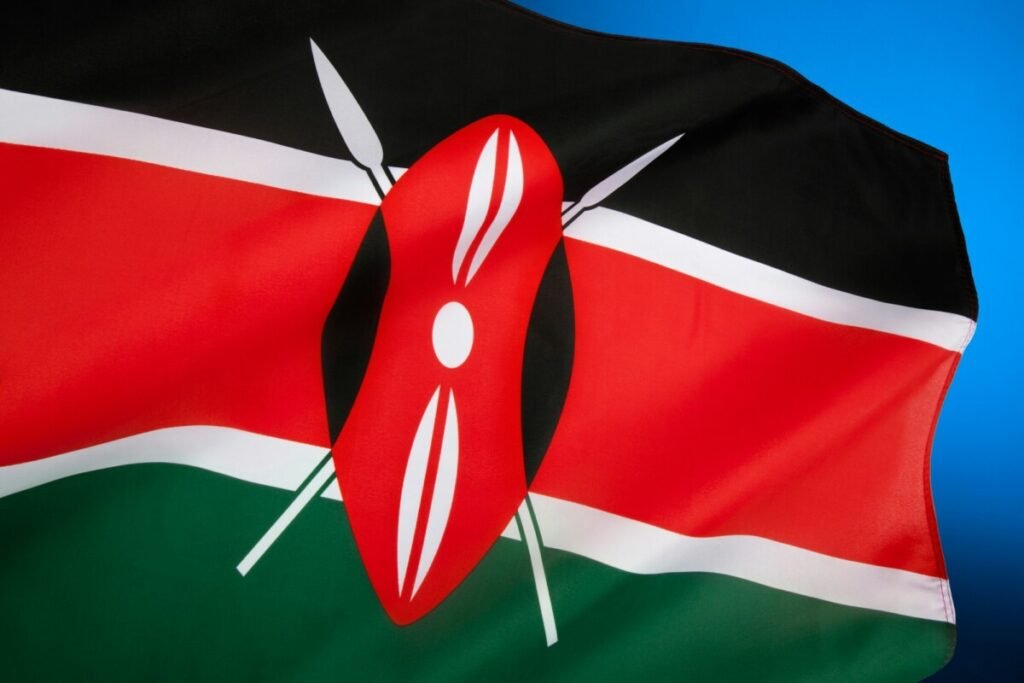Kenya, recognized as one of Africa’s most advanced and diversified economies, is set to be a major hub for business in 2025 and beyond. With a stable economic growth trajectory and a new administration focused on enhancing the business environment, the country offers numerous opportunities for both local and foreign investors. Here’s an overview of the current business climate and what to expect when doing business in Kenya .
Current Business Climate and Upcoming Changes
Kenya’s economy has demonstrated resilience and steady growth, with an annual growth rate averaging 5% between 2010 and 2019. The economy rebounded quickly from the disruptions caused by the COVID-19 pandemic, showcasing its robustness. However, to sustain and accelerate this growth, the Kenyan government recognizes the need to boost private investment and productivity.
Following the general elections in August 2022, the newly elected administration has been proactive in fostering a more business-friendly environment. A key focus has been on attracting foreign direct investment (FDI) through the adoption of pro-business laws and comprehensive tax and regulatory reforms. These initiatives aim to improve Kenya’s investment climate, making it more predictable and stable for businesses.
A significant development in this regard is the establishment of the Nairobi International Financial Centre (NIFC) in 2021. The NIFC, which became operational in July 2022, is designed to enhance Kenya’s financial services sector by providing a legal framework that supports a competitive and efficient business environment. The center offers a one-stop shop for incorporation and other services, improving the overall legal and regulatory ecosystem for financial services. It also aims to provide a more predictable business environment with a stable tax and operating framework. The NIFC further focuses on dispute resolution through a specialized “fast-stream” within the courts dedicated to adjudicating financial sector disputes, ensuring that investors have confidence in Kenya’s legal system.
Inbound and Outbound Investment Trends
Kenya continues to attract significant foreign investment from key global players. Over the past three years, the United Kingdom, Mauritius, the United States, South Africa, and France have been the most prominent investors in Kenya. This inflow of investment is a testament to Kenya’s favorable business environment and strategic importance within the region.
Conversely, Kenyan businesses are increasingly exploring outbound investment opportunities, particularly in neighboring East African countries. This trend is driven by the need to tap into new markets and diversify investment portfolios, leveraging Kenya’s strong financial and technological base.
Sectoral Opportunities for Foreign Investment
Several sectors in Kenya present lucrative opportunities for foreign investment. The information and communications technology (ICT) sector is particularly vibrant, driven by Kenya’s reputation as Africa’s “Silicon Savannah.” The real estate and construction industries continue to grow, fueled by urbanization and infrastructure development. Agriculture and agribusiness remain critical, given Kenya’s position as an agricultural powerhouse in the region.
Additionally, the manufacturing sector offers vast potential, especially in light industries, consumer goods, and agro-processing. The tourism industry, although impacted by the pandemic, is rebounding and presents opportunities for investment in ecotourism and luxury travel. Infrastructure development, particularly in transport and logistics, is another key area, as Kenya positions itself as the gateway to East Africa. Moreover, the energy sector, particularly renewable energy, is booming, with Kenya being a regional leader in clean energy development.
Impact of the Strengthened Kenyan Shilling in 2024
In 2024, the Kenyan Shilling (KSH) experienced a significant appreciation in value, reversing a previous trend of depreciation. This resurgence in the Shilling’s strength has profound implications for Kenya’s economy as we move into 2025. A higher-value KSH could lead to cheaper imports, as the stronger currency makes foreign goods more affordable. This could benefit sectors reliant on imported materials and technology, such as manufacturing and construction, potentially reducing production costs and boosting profitability.
On the flip side, a strong Shilling could pose challenges for Kenya’s export-driven industries. With Kenyan goods becoming more expensive for international buyers, exporters might face reduced competitiveness in global markets. This could particularly impact sectors like agriculture and textiles, where price sensitivity is high. Balancing these effects will be crucial for Kenya’s economic policymakers to ensure that the gains from a stronger currency do not negatively impact the country’s overall trade balance.
Overall, the strengthened Shilling could also enhance investor confidence, attracting more foreign capital as the currency’s stability signals a robust economic environment. However, it will be essential to monitor the Shilling’s impact on both imports and exports to maintain economic equilibrium.

Political Risks and Youth Protests
Despite the favorable economic environment, political risks have emerged, particularly in 2024, as a significant challenge for businesses operating in Kenya. The Kenya Finance Bill protests, widely known by the hashtag #RejectFinanceBill2024 or the Gen Z protests, have seen widespread decentralized demonstrations across the country. These protests, primarily led by the youth, erupted in response to the government’s proposed tax increases under the Finance Bill 2024. President William Ruto’s administration faced growing unrest as young Kenyans took to the streets, expressing their dissatisfaction with the perceived economic burden placed on them by the new tax measures.
These protests signal a deeper sense of discontent among Kenya’s youth, who are increasingly frustrated with economic inequality, unemployment, and limited opportunities. The political instability generated by these protests poses a risk to Kenya’s economic outlook, as prolonged unrest could disrupt business operations, deter investment, and affect overall economic confidence. Businesses considering entering or expanding in Kenya in 2025 must carefully assess the political landscape and be prepared for potential disruptions linked to these ongoing protests. Understanding and addressing the concerns of the younger population may also become crucial for long-term business success in the country.
Key Considerations for Doing Business in Kenya
While Kenya offers a favorable investment climate, there are some challenges that businesses need to navigate. Local participation requirements have been enforced in various sectors, including restrictions on foreign ownership in insurance and telecommunications. For instance, foreign ownership in these sectors is limited to two-thirds and 80%, respectively. Additionally, companies providing ICT services must ensure at least 30% local ownership. These regulations are part of the broader strategy to ensure local participation and benefit from foreign investments.
Kenya also has domestic anti-avoidance provisions that limit the benefits of the limited Double Taxation Agreements in force, which investors need to consider. However, despite these regulations, Kenya remains an attractive investment destination, with minimal restrictions on foreign investment.
Nairobi, the capital city, continues to be the financial hub of East Africa, with a robust financial ecosystem that includes a wide range of financial institutions and banks. The city is increasingly becoming a center for green investments, with policies and a regulatory environment that support clean energy initiatives.
Cultural Insights for Business Success
Understanding Kenyan culture is crucial for anyone looking to do business in the country. One of the key cultural practices in the business environment is the concept of harambee, which means “pulling together.” This practice emphasizes mutual assistance, collective responsibility, and community, values that are deeply ingrained in Kenyan society.
In business settings, greetings are important and should be done respectfully, starting with the most senior person present. Titles and formal address are also valued, especially when dealing with senior executives or individuals with academic or professional titles.

Conclusion
Kenya in 2025 presents a dynamic and promising business landscape. With a supportive government, strategic initiatives like the NIFC, and numerous opportunities across various sectors, Kenya is poised to remain a key destination for investors looking to tap into Africa’s growing markets. However, understanding the regulatory environment, local participation requirements, and cultural nuances will be essential for success in this vibrant market. Moreover, businesses must remain vigilant of the political landscape, particularly in light of the youth-led protests, and be prepared to navigate the challenges that come with an evolving socio-political environment.



